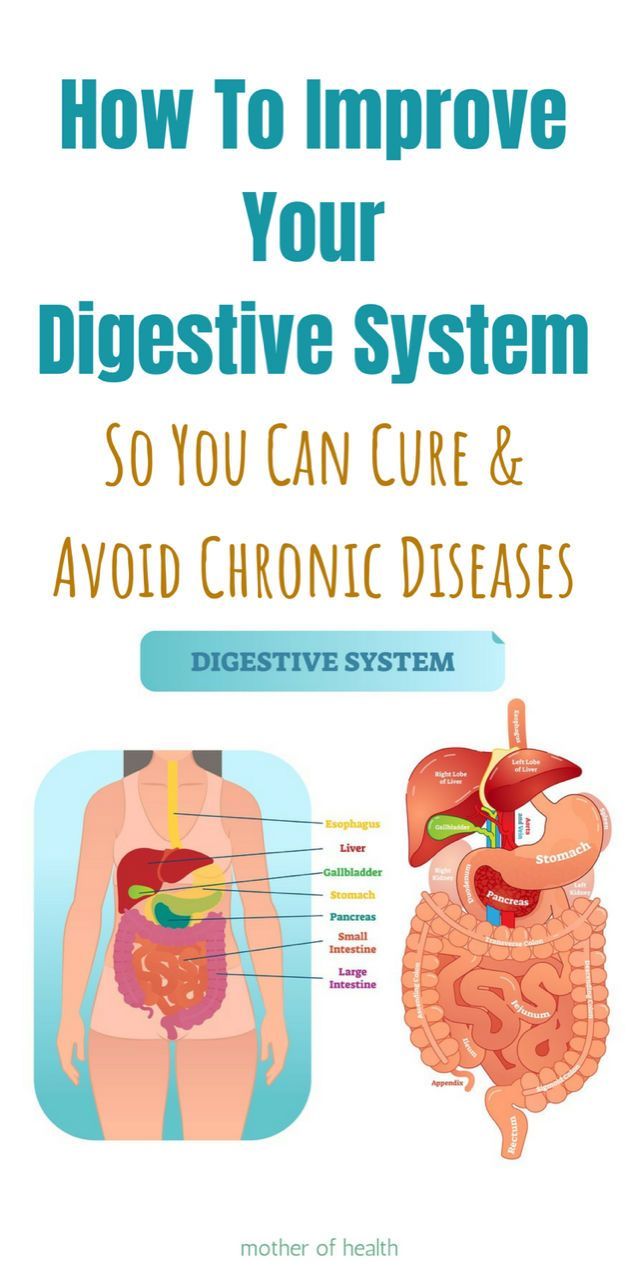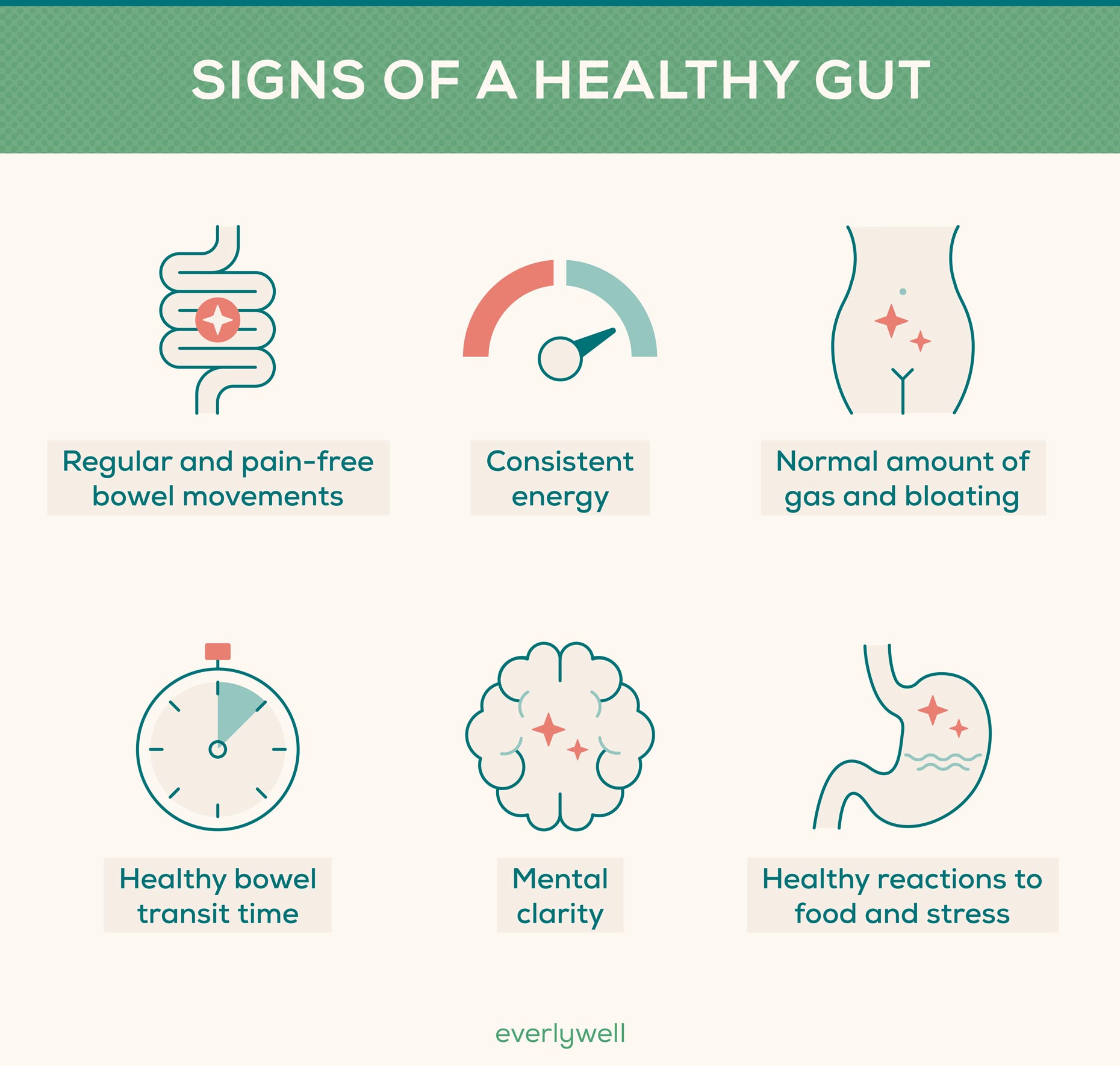Improving digestive health involves eating a balanced diet and staying hydrated. Incorporating fiber-rich foods and probiotics supports a healthy gut microbiome, aiding digestion and reducing bloating and discomfort.
Additionally, staying hydrated promotes regular bowel movements and optimal digestive function. Physical activity can also improve digestion by reducing stress and promoting gut motility. Listening to your body’s cues and avoiding trigger foods will help maintain digestive health in the long term.
Consideration of these factors will contribute to a happier, healthier gut and overall well-being.

Credit: www.netmeds.com
The Importance Of Digestive Health
Maintaining digestive health is crucial for overall well-being. Improving digestive health involves consuming a balanced diet rich in fiber, staying hydrated, managing stress, and exercising regularly. These habits promote a healthy gut microbiota and efficient digestion, helping to prevent digestive issues and support optimal nutrient absorption.
Proper digestive health is essential for maintaining overall well-being. Your digestive system plays a crucial role in absorbing nutrients, eliminating waste, and supporting your immune system. A healthy gut allows you to extract the maximum nutritional value from the food you consume, promoting energy levels and vitality.
The Role Of Digestive System
The digestive system is responsible for breaking down the food you eat into smaller molecules that can be absorbed by the body. It consists of several organs, including the mouth, esophagus, stomach, small intestine, large intestine, liver, gallbladder, and pancreas. Each organ plays a specific role in the digestion and absorption process.
The process begins in your mouth, where saliva breaks down carbohydrates. The food then travels down the esophagus to the stomach, where it is broken down further by stomach acid and enzymes. It then enters the small intestine, where nutrients are absorbed into the bloodstream. The large intestine absorbs water and electrolytes while eliminating waste.
Effects Of Poor Digestive Health
Poor digestive health can have a significant impact on your overall well-being. If your digestive system is not functioning optimally, you may experience a range of unpleasant symptoms, including:
- Chronic constipation or diarrhea
- Bloating and gas
- Abdominal pain or cramping
- Reflux or heartburn
- Low energy levels and fatigue
- Unexplained weight fluctuations
In addition to these symptoms, poor digestive health can also lead to nutrient deficiencies. When your body is unable to properly absorb essential vitamins, minerals, and other nutrients, it can result in weakened immunity, impaired cognitive function, and slow wound healing.
Moreover, the health of your digestive system is closely linked to your mental health. The gut has its own nervous system known as the enteric nervous system, often referred to as the “second brain.” This intricate network of neurons communicates directly with the brain and can influence your mood, emotions, and stress levels.
Therefore, maintaining a healthy digestive system is crucial for your overall health and well-being. With proper care and attention, you can optimize your digestive health and enjoy the benefits of improved nutrient absorption, increased energy, and a stronger immune system.
Nutrition For Digestive Health
Eating a balanced diet rich in nutritious foods has a significant impact on improving digestive health. Let’s delve into two essential components of nutrition that support a healthy gut: Fiber and Probiotics.
Fiber And Gut Health
Fiber is crucial for a healthy gut as it promotes regular bowel movements and feeds beneficial gut bacteria. Include fiber-rich foods such as fruits, vegetables, whole grains, and legumes in your diet.
Probiotics And Prebiotics
Probiotics are live beneficial bacteria that support gut health by maintaining a balance of microorganisms. Sources of probiotics include yogurt, kefir, sauerkraut, and kimchi. Pairing probiotic foods with prebiotic foods like bananas, onions, and garlic further enhances gut health.
Lifestyle Factors
Lifestyle Factors:
Eating habits are essential, but lifestyle factors also significantly impact digestive health. Addressing stress levels and incorporating regular exercise can greatly improve digestion and overall well-being.
Stress And Digestive Health:
Chronic stress can lead to digestive issues like bloating and indigestion. Implementing stress-management techniques such as meditation and deep breathing can help alleviate these symptoms.
Exercise And Digestion:
Regular physical activity can enhance digestion by stimulating the muscles in the digestive tract. Aim for at least 30 minutes of exercise daily to promote healthy digestion.

Credit: ar.pinterest.com
Common Digestive Issues
Improve your digestive health with effective solutions for common digestive issues. Enhance your overall well-being by addressing concerns like indigestion, bloating, and acid reflux for a healthier gut.
Acid Reflux
One of the most common digestive issues that people experience is acid reflux. This occurs when the stomach acid flows back into the esophagus, causing a painful and burning sensation. If left untreated, it can lead to more serious complications such as chronic heartburn and inflammation of the esophagus.
There are a few factors that can contribute to acid reflux, including:
- Consuming large meals or eating too quickly
- Consuming certain trigger foods such as spicy or fatty foods
- Being overweight or obese
To alleviate acid reflux, it is essential to make some lifestyle changes. Here are a few tips:
- Eat smaller, more frequent meals rather than large portions
- Avoid eating at least two to three hours before bedtime
- Limit the consumption of trigger foods and beverages
- Maintain a healthy weight through regular exercise
Bloating And Gas
Feeling bloated and experiencing gas can be uncomfortable and embarrassing. These digestive issues can occur due to several reasons, including excessive swallowing of air while eating, the consumption of gas-producing foods, and gastrointestinal disorders.
Here are a few simple strategies to help alleviate bloating and gas:
- Avoid chewing gum or drinking carbonated beverages, as they can increase the amount of air swallowed
- Identify and limit the consumption of gas-producing foods such as beans, lentils, broccoli, cabbage, and onions
- Treat underlying gastrointestinal disorders with the guidance of a healthcare professional
Additionally, regular physical activity can aid in relieving bloating and gas by stimulating bowel movements and promoting better digestion.
Improving Digestive Health Naturally
Enhance your gut health naturally by incorporating fiber-rich foods, probiotics, and staying hydrated. These simple lifestyle changes can promote better digestion and overall well-being. Prioritize your digestive health for improved energy levels and optimal nutrient absorption.
Improving Digestive Health Naturally The digestive system is a crucial part of our overall well-being. By making small changes in our lifestyles, we can naturally improve our digestive health. Hydration and healthy eating habits play pivotal roles in promoting a well-functioning digestive system. Hydration and Digestion Proper hydration is essential for supporting digestive health. A well-hydrated body aids in the smooth movement of food through the digestive tract, preventing constipation and promoting regular bowel movements. Ensure to drink at least 8 glasses of water per day to maintain optimal hydration levels. Healthy Eating Habits Making mindful choices regarding the foods we consume can significantly impact digestive health. Include plenty of fiber-rich foods, such as fruits, vegetables, and whole grains, in your diet to support healthy digestion. Additionally, prioritize probiotic-rich foods like yogurt, kefir, and sauerkraut to promote the growth of beneficial gut bacteria. Consciously chewing your food and eating at a slower pace can aid in digestion by allowing the body more time to process and absorb nutrients. Avoiding overly processed, high-fat, and sugary foods can also contribute to a healthier digestive system. By incorporating these natural strategies into your routine, you can nurture your digestive health and experience improved overall well-being.
Credit: www.miexpresscare.com
Frequently Asked Questions For Improving Digestive Health
What Are The 3 Super Foods For Your Gut?
The top 3 super foods for your gut are kimchi, sauerkraut, and kefir. These foods are rich in probiotics that promote healthy digestion.
How Can I Improve My Gut Health Naturally?
To naturally improve your gut health, focus on a balanced and varied diet rich in fiber, antioxidants, and probiotics. Include fermented foods, such as yogurt and sauerkraut, and drink plenty of water. Minimize processed foods, sugar, and alcohol, and manage stress through exercise and relaxation techniques.
Can You Fix A Bad Digestive System?
Yes, you can improve a bad digestive system through lifestyle changes, such as eating a balanced diet, staying hydrated, and managing stress. Regular exercise and taking probiotics can also support digestive health. Seeking medical advice is crucial for underlying conditions.
What Foods Fix Gut Health?
Foods that can improve gut health include yogurt, kefir, sauerkraut, kimchi, tempeh, and miso. Also, fibrous foods like whole grains, fruits, and vegetables help. Probiotic and prebiotic foods like garlic, onions, and bananas are beneficial for gut health.
Conclusion
Taking care of your digestive health is crucial for overall well-being. By adopting simple lifestyle changes, such as incorporating a balanced diet, staying hydrated, exercising regularly, and managing stress, you can improve your digestion naturally. It’s important to listen to your body and seek professional advice if you experience persistent digestive issues.
Prioritizing your gut health will have far-reaching benefits, leading to increased energy, better nutrient absorption, and a stronger immune system. Start making conscious choices today and give your digestive system the care it deserves.
